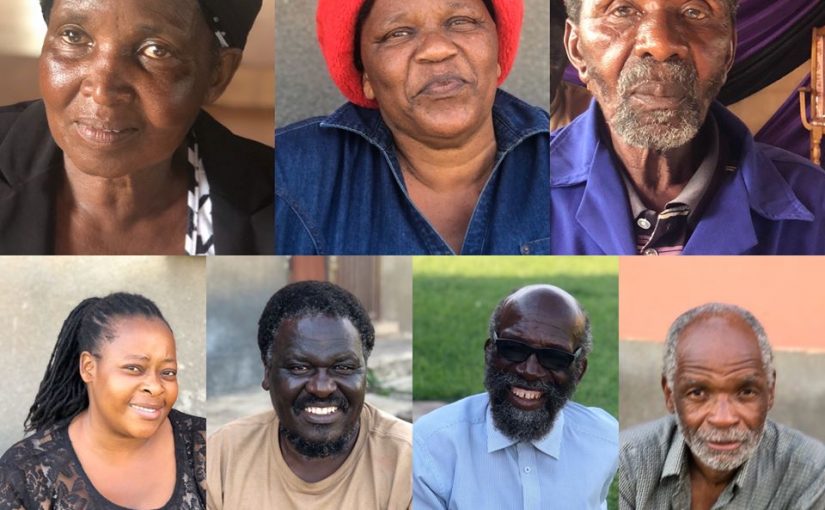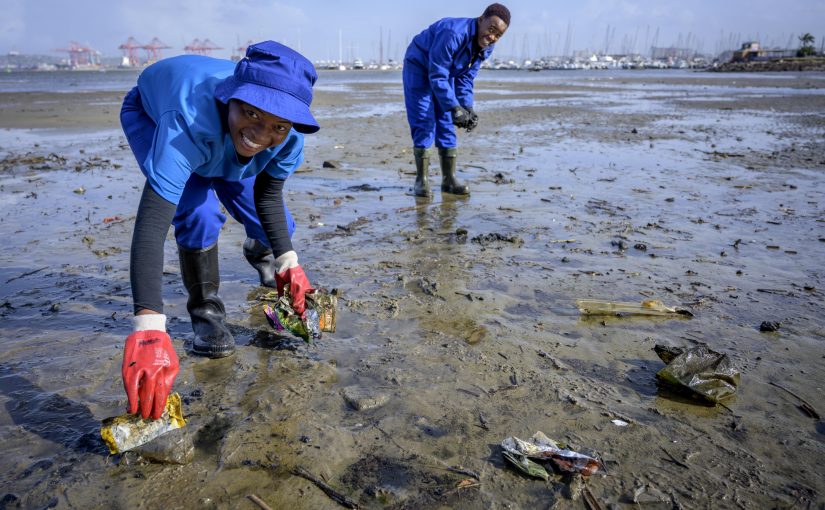WILDLANDS has been active in the community that borders the Hluhluwe-iMfolozi Game Reserve for many years, working on various projects with the community leadership. This included support to the community to safeguard them from the negative effects of mining and support for livelihoods. Recently we have funded, through the WILDSERIES Imfolozi MTB Challenge, the development of local businesses and secured contracts for tourism facilities to be upgraded inside the Hluhluwe -iMfolozi Park.
Kirsten Youens, friend and partner of the WILDTRUST and passionate environmental and climate justice lawyer, is trying to raise funds to purchase food parcels for distribution in this community – and we wanted to share a message from her below. We realise that there are countless requests for assistance at this time, but if you are in the position to donate, if 200 people donate R200 each – we can help reach the R40 000 fundraising goal.
“As many of you know I have been working with a community organisation in Zululand called the iMfolozi Community Environmental Justice Organisation. They are a group of over 4000 people living on the border of the Hluhluwe-iMfolozi Game reserve, and next to the Somkhele open cast coal mine. I have been representing them in environmental justice issues since 2014.
Living next to a coal mine has made life very difficult for this previously self-sufficient rural farming community for the past 13 years, but the Covid-19 lockdown has brought things to a crisis point. Those who survived from day to day, like roadside vendors, small Spaza owners, domestic workers and breadwinners supporting extended families have been hit hard. Water and food have always been limited here but with the few breadwinners not allowed to work, there is even less. There are approximately one hundred families from this community in dire need. I have decided to reach out to all of you in the hope that you will help this incredibly courageous and long-suffering community in these desperate times.
We estimate parcels of food and water will cost in the region of R400 each and aim to provide for 100 families – making our fundraising goal R40 000. This means if 200 people contribute R200 each we will reach our goal.
If you would like to and are able to donate, here is the link to our non-profit donation page:
http://www.allrise.org.za/donate.html
A Zapper option is also available.
Please note that while the government has been distributing essentials across the country, and our clients have applied through these channels, nothing has been received so far and we are not aware of any plans to distribute to this specific community – especially with the urgency needed.
Thank you in advance for your consideration to help others at this time. I realise there are countless requests for assistance – so anything you are willing and able to contribute would be so appreciated.




